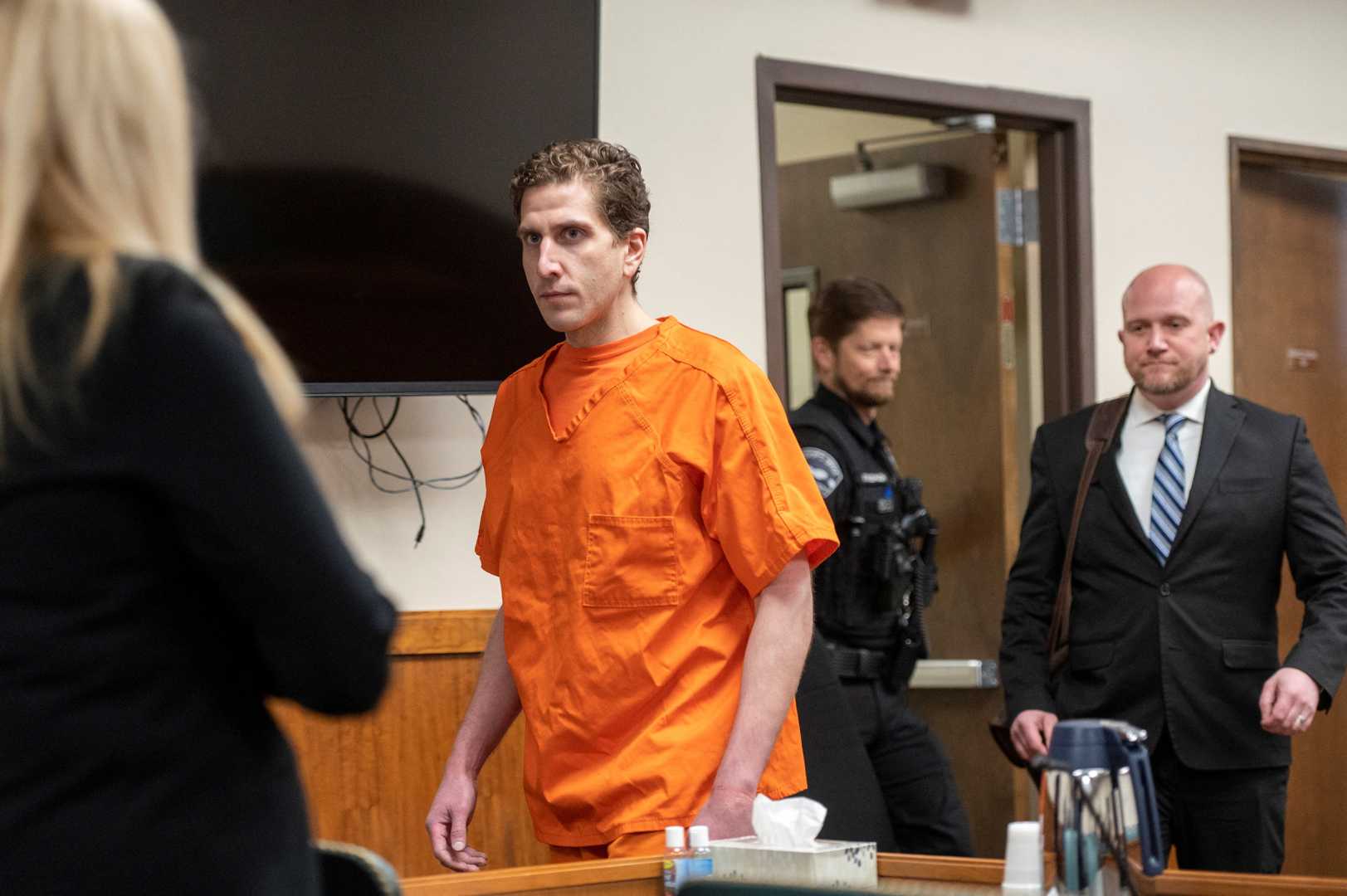News
Judge Denies Kohberger’s Defense Motions in Idaho College Murders Case

BOISE, Idaho — A judge has denied multiple motions from Bryan Kohberger‘s defense team seeking to exclude critical evidence in his upcoming murder trial related to the 2022 stabbing deaths of four University of Idaho students.
The ruling was issued Wednesday by Ada County Judge Steven Hippler, who concluded that police did not violate Kohberger’s constitutional rights during the investigation. Kohberger, 30, is charged with four counts of first-degree murder for the November 13, 2022, killings of Madison Mogen, Kaylee Goncalves, Xana Kernodle, and Ethan Chapin.
Among the key pieces of evidence are two DNA samples collected from the crime scene, which the defense argued could exonerate Kohberger. During a hearing, defense attorney Anne Taylor pointed out that the samples, found on a handrail and a glove, did not match her client and potentially originated from other individuals.
“This could mean that Kohberger is not linked to the crime at all,” Taylor said. However, Judge Hippler appeared unconvinced by this argument, noting, “His DNA is still on the knife sheath, though. That’s the problem, counsel.”
Investigators discovered a Ka-Bar knife sheath under one of the victims, linking Kohberger to the crime scene. This evidence has proven damning for the defense’s case as the trial approaches.
Additionally, the judge denied Kohberger a Frank’s hearing, which would have permitted his team to challenge the validity of the police investigation that led to his arrest in December 2022. Kohberger’s defense had alleged that investigators misled the court in their application for search warrants.
The motions denied also included requests to suppress evidence gathered from Kohberger’s online accounts, including those with Google, Apple, and Amazon. The court ruled that the FBI’s use of grand jury subpoenas for Kohberger’s digital records did not constitute a warrantless search. This decision was based on the “third-party doctrine,” which stipulates that individuals lose privacy rights over information shared with third parties.
Court documents indicated that investigators obtained extensive data, including location information and digital communications, which prosecutors argue connect Kohberger to the crime.
As the legal proceedings unfold, the courtroom remains tense, and with the trial scheduled to commence later this year, Kohberger faces serious consequences if convicted.
Fox News Digital’s Michael Ruiz contributed to this report.












